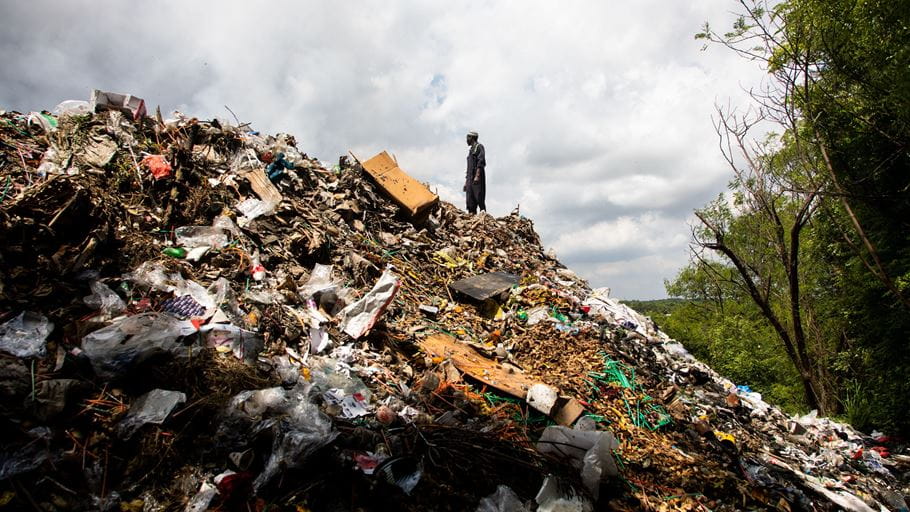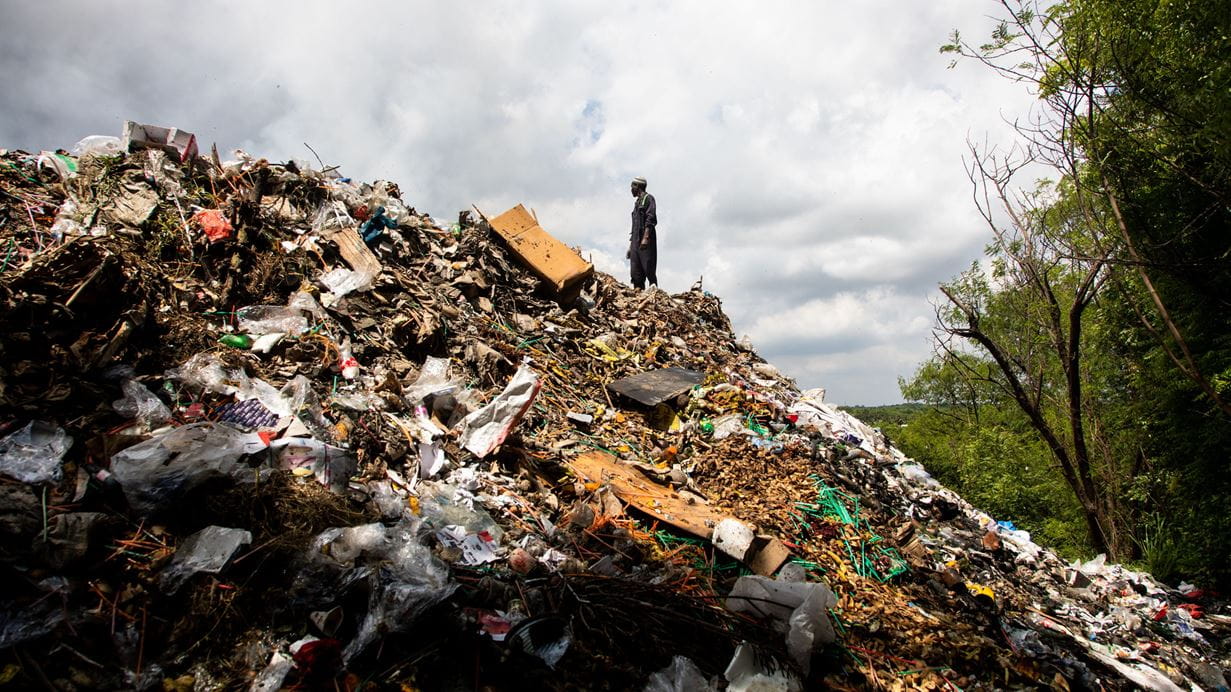What is a waste picker?
Waste pickers are informal workers who collect, sort and sell materials for recycling or reuse. It is estimated that more than 20 million people around the world earn an income in this way.
Through collecting materials such as plastic, glass, paper and electronic waste from households, streets and dumpsites, waste pickers’ contribution to material recovery is immense. In fact, about 60 per cent of all plastic recycled globally is collected by waste pickers. They are the backbone of the world’s recycling systems.
The work that waste pickers do also has a huge impact on protecting the environment, and improving public health and local economies. Because of their work, less rubbish is left dumped or burnt on roadsides or landfills, and less plastic waste makes its way into waterways or oceans.
Less pollution is better for public health – as unmanaged waste increases the risk of heart disease, cancer and respiratory infection – resulting in the deaths of up to 1 million people each year. Plus, more rubbish being collected means more recycling, boosting green jobs.
What challenges do waste pickers face?
Despite the crucial role waste pickers play in tackling the plastic pollution crisis, and their extensive experience and knowledge of waste collection and recycling, waste pickers’ work often goes unrecognised. Their human rights and livelihoods are not sufficiently protected by governments, or respected by businesses.
Waste pickers often do not receive a living income and often endure poor working conditions. Many waste pickers face other human rights impacts, such as discrimination, harassment and exclusion from decision-making processes which affect their lives and livelihoods.













